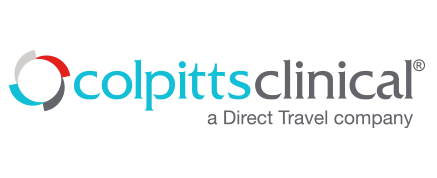Improving Access and Affordability of New Orphan Drugs While Ensuring Continuous Investment
We all know that there is a complex and continued unmet need for new medicines across the Globe to treat cancer, immunological and rare and orphan diseases. The challenge to bring new drugs to market to treat these types of indications is met with the rising cost of developing, producing and marketing these new drugs. As a result of this ongoing issue, the World Orphan Drug Congress 2019 brought together a panel of accomplished leaders within the world of Rare and Orphan Disease Development to discuss innovations within the industry, and in some cases their own companies, to help drive the balance between access and affordability.
Dan Faga, CEO of Spark Therapeutics provided a compelling panel discussion in which he talked about the creation of Spark Path which “offers outcomes-based rebates and an innovative contracting model that support patient access in the U.S. while aiming to reduce risk and financial burden for payers and treatment centers.” Included in Spark Path is a rebate program to patients where they receive a rebate at year 1 and year 3 if the product that they are taking is not working.
From the Spark Website: “LUXTURNA and other potential one-time therapies face unique health insurance challenges given current practices and regulations in the U.S. health care system. Barriers to offering alternate models include the system’s focus on short-term value (largely because most patients switch health insurance companies on average every three years), government price reporting requirements that are not designed to reflect certain outcomes-based arrangements, therefore limiting a manufacturer’s ability to offer significant performance-based rebates, particularly for diseases with small patient populations and complicated distribution models, which add costs and financial risk to parties involved in the delivery and reimbursement of specialty drugs and specialized medical care.”
Mr. Faga went on to explain that as a result of Spark Path, Spark Therapeutics has treated more patients in 1 year post approval than in 10 years during development.
Additionally, Emil Kakkis, CEO of Ultragenyx stated that “every patient who would benefit should have access.” Ultragenyx has proposed a more moderate pricing model with the promise from payers to support both adult and pediatric patients equally. Kakkis went on to explain that payer preference has historically been to focus on pediatrics, as they have a perceived higher unmet need. However, Kakkis holds firm in his belief that it is imperative for all patients to have access if they could benefit from the drug, not simply those with a perceived higher unmet need. In conclusion, he cited an example of innovation from drug developer Vertex in Ireland, where they agreed with the Irish Health System to treat all patients for a set price – a compelling example of innovation which he strongly feels that the U.S. system may benefit from working toward.
Clearly, there is no simple solution to this complex issue. However, when the leaders of our industry choose to both collaborate and innovate together to drive change to provide greater access and affordability, everyone benefits – including the most important member of this discussion, the patient.



